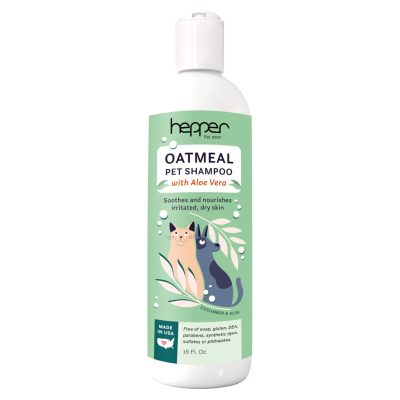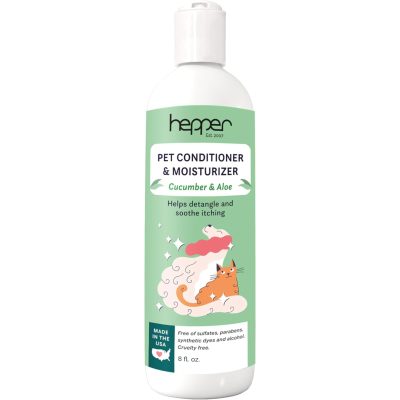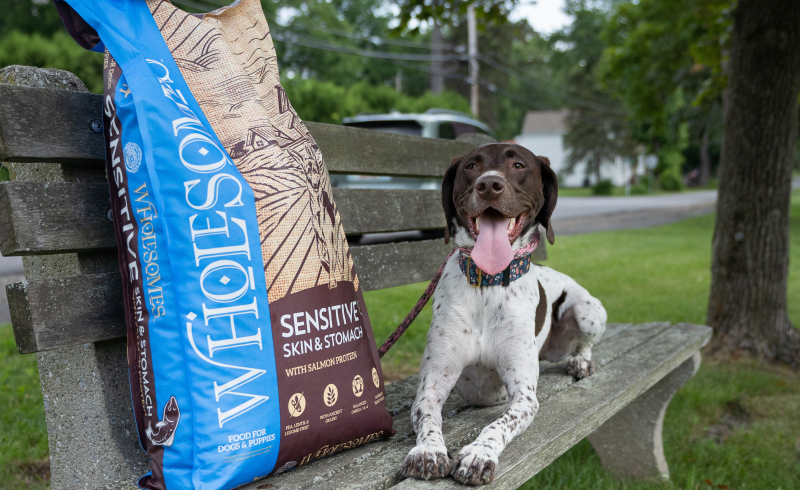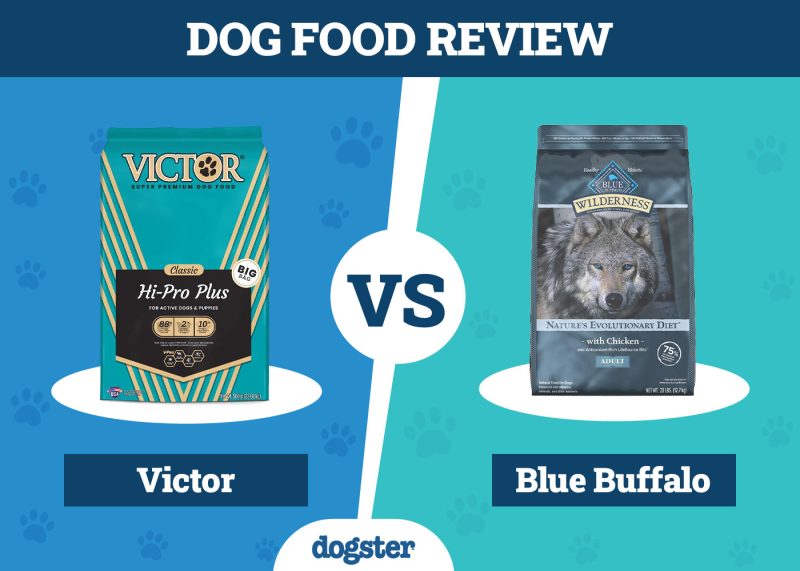Papillons are absolutely adorable. The small, fluffy dogs are often described as healthier than other toy breeds, which is true. They’re an excellent option for those who want a smaller dog without the health problems that come with many of the toy breeds today.
However, that doesn’t mean these dogs are perfect. While they have many benefits, there are also a few cons you need to consider before adopting one. In this article, we’ll look at the pros and cons of the Papillon, allowing you to decide if they’re the best breed for you.

The 6 Pros of Papillons
1. Small
Many people love Papillons because they are small. They only weigh around 5 to 10 pounds, making them a solid choice for those who live in an apartment or smaller house. They’re also great for those who want a small dog to travel with since they’re very portable and easy to carry around. You don’t have to do much pre-planning when transporting your Papillon in the car, either.
They’re also excellent for those who simply can’t handle a larger dog, like seniors.

2. Very Intelligent
Unlike many smaller dogs, Papillons are intelligent and very trainable. They can learn many tricks and commands, and they’re eager to please their owner, allowing them to respond better in real-world situations.
Their intelligence also means they can get bored easily. You’ll need to provide them with stimulating toys, training opportunities, and social interaction. Otherwise, they can become exceedingly bored and even destructive.
3. Loyal and Affectionate
Papillons are very loyal and affectionate dogs. They love to be around their people and will follow them everywhere. They’re bred primarily to be companion animals, and they act like it. They’re very good at picking up on their owner’s emotions.
Unlike other small breeds, they aren’t one-person dogs. They bond equally with everyone in the household and are friendly with strangers. When socialized and trained properly, they aren’t possessive.
Their affection and loyalty are one reason they are so popular. They’re simply very rewarding dogs to own.

4. Good with Children
Papillons are generally good with children, but they should be supervised around young children who may not be gentle enough. They are incredibly small dogs, and they can be injured easily by children who don’t know how to handle them.
Of course, it is important to teach children how to interact with Papillons safely and respectfully. Even though they are very small, they aren’t toys and shouldn’t be treated as such.
5. Easy to Groom
Papillons are relatively easy to groom and don’t require much brushing. Often, a few times a week is fine. Bathing can occur every few months as the dog gets dirty. They’re also relatively low-shedding dogs, making them great for those who don’t want tons of dog fur around their home.
This minimal grooming need makes them relatively easy to care for, especially compared to other popular toy breeds.
Our Favorite Products Selecting the right shampoo and conditioner makes the world of a difference when grooming your pup. Our favorite products are the duo by Hepper. The Oatmeal Pet Shampoo is formulated with aloe and oatmeal to soothe skin and hydrate the coat. The Pet Conditioner works at eliminating tangles and taming frizz and static. Both products are pH-balanced and formulated with pet-friendly ingredients, free of harsh soaps, chemicals, and dyes. Give this duo a try to heal and nourish your dog's coat, and leave them with an irresistible just-left-the-spa cucumber and aloe scent. At Dogster, we’ve admired Hepper for many years and decided to take a controlling ownership interest so that we could benefit from the outstanding designs of this cool pet company!
Image
Product
Details

Hepper Oatmeal Pet Shampoo
Check Price

Hepper Pet Conditioner
Check Price
6. Generally Healthy
One big reason Papillons are growing in popularity is their health. Several toy breeds are vulnerable to health problems since they have been bred for appearance instead of health. Papillons have not suffered from the “cute dogs only” trend, and they were historically bred to be rather small. For this reason, they aren’t prone to many health problems.
They can still get a few health issues, particularly dental problems. It’s essential to take them to the vet regularly and invest in dental cleanings if necessary.

The 5 Cons of Papillons
1. Yappy
Papillons can be vocal, especially when left alone. They like to be with their humans and may have isolation anxiety when left alone. While they aren’t typically prone to separation anxiety (which is caused by being overly attached to a particular person), isolation anxiety can lead to excessive barking and even destruction.
However, Papillons can make great alarms. They will bark to warn you when someone is outside who isn’t supposed to be. However, they must be trained not to bark all the time.

2. Attention-Seeking
While Papillons don’t require a lot of grooming, they require plenty of attention. They are very social dogs that require being around people a lot. They aren’t a breed you can leave home alone for extended periods. If you work away from home for much of the day, you may want to consider looking elsewhere for a more suitable breed.
This attention-seeking behavior can be wonderful if you want a cuddly dog. However, it can also get annoying very quickly.
3. Moderate-Maintenance
These dogs are low-maintenance on practically all fronts (grooming, exercise, etc.). However, when you add everything together, it can translate to a significant time investment each week. For instance, Papillons need to be brushed several times a week. They also need to be taken for daily walks. They may also get easily bored or destructive under some circumstances.

4. Fragile
Papillons are very small, which makes them very delicate. They need to be handled with care, especially when they are puppies. They’re more prone to getting hurt or injured from falls. Their delicate bone structure simply isn’t made to put up with much.
5. Expensive
Papillons are relatively expensive and are still rarer than many breeds. After adopting your dog, you have to consider the ongoing costs of food, vet care, and grooming. Luckily, as smaller dogs, they don’t eat very much, and they don’t require extensive grooming.
Still, you shouldn’t ignore the potential expenses when purchasing a Papillon.


Final Thoughts
Papillons make great companions for those looking for a smaller breed that isn’t plagued with health problems. They’re very people-oriented dogs that are also exceptionally trainable. They behave well in a house and get along with just about anyone. Plus, they require minimal grooming beyond a few brushing sessions every week.
However, their smaller size makes them fragile, and their care requirements can add up to several hours each week. They’re also rather yappy, like most smaller dogs. Ultimately, you’ll need to weigh the pros and cons to decide if the Papillon is a good option for you.
Featured Image Credit: Nikaletto, Shutterstock



















8 Responses
What is the lifespan of papillon
Hello Denise,
thank you for your question. The average lifespan for the Papillon is roughly 14 to 16 years as you can read in our article on this topic:
How Long Does a Papillon Live? Vet-Reviewed Average Lifespan, Data & Care – https://www.dogster.com/dog-health-care/papillon-lifespan-how-long-do-they-live
My papillon is a mixed breed with a slightly larger breed. He is 13 pounds. Just about all the information you have provided proves accurate for me and my pup. The fragile part still holds true as he still has a very small bone structure, although I'm certain it would be greater if he were smaller. The biggest issue and expense, and addressed in your pros and cons, are the teeth issues. And, isolation issues are very real. All in all I found your information reinforced my own perception of my pet and best friend.
Hello Annie,
thank you very much for your nice feedback. We are glad that we hit the spot with our information and that you can confirm this from your perspective of Papillon-mix owner.
Best wishes to you and your fluffy friend!
I have 2 pappions that I am taking care of after the owner passed away. They r starting to scratch them selfs alot , checked 4 ticks and fleas found nothing. Is there a home reamidy to give them for this, instead of paying a huge vet bill
Hi Diane, It’s great that you’re caring for those Papillons, it sounds like they are in good hands! Scratching can be due to a variety of reasons, including allergies or dry skin, so it would be difficult to give you a proper diagnosis without knowing more details. We do have an online vet service, PangoVet, where you can speak to a qualified and experienced veterinarian online, and they can help answer any questions you may have and help you come up with an action plan to help your pup. You can book a video consult with our team at https://pangovet.com – Hope that helps!
Salmon oil. You can get it at a Tractor Supply store. Excellent for coat joints and allergies.
Thank you for the suggestion, Misty! Salmon oil can definitely be a great addition when used properly. Just be sure to use the right dosage based on your dog’s weight and health needs, and it’s always a good idea to check with your vet—especially if your pup has any existing conditions or is on medication. 🙂